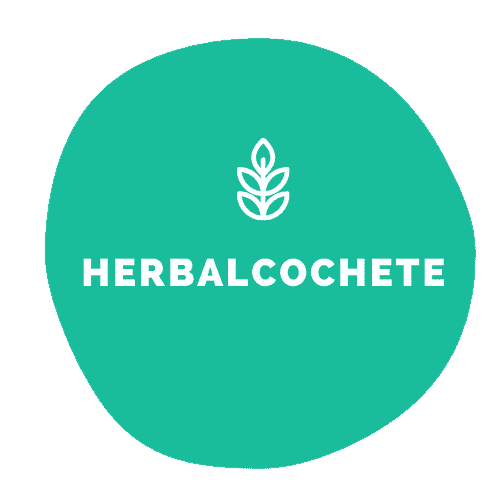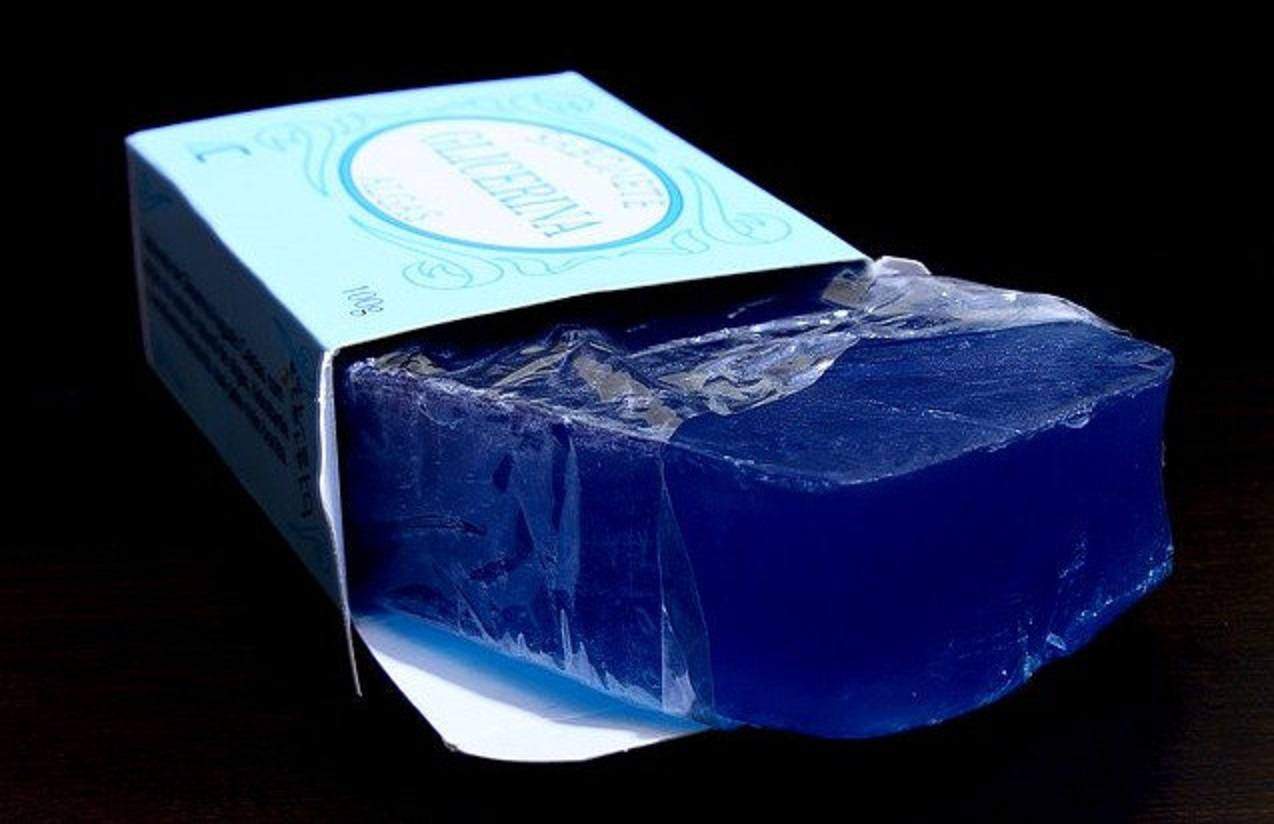Glycerin vs vegetable glycerin tries to shed some light about what are glycerin soaps, pure vegetable glycerin and what they have to do with handmade soap. In the end, we are always talking about the same ingredient. Keep reading to know more.
Glycerin is a humectant substance, that is, it absorbs water from the atmosphere and helps to retain moisture in the skin. It is also a by-product of the production of handmade soap. I repeat, glycerin is a by-product of the production of handmade soap !! Like this:
Oils + Lye => Fatty Acid Salt (Soap) + Glycerol (Glycerin) = Natural Handmade Soap
In other words, ALL handmade soap, with oils and lye such as caustic soda or potash, contains glycerin. So, technically, all handmade soaps are glycerin soap. That is why natural soaps are usually so moisturizing.
Glycerin was discovered in 1779 by a Swedish chemist, Karl Wilhelm Scheele, who named glycerin as “the sweet base of fat”. In 1811, Michel Chevreul’s, a Frenchman, named this glycerin substance which comes from the Greek “glykys” which means “sweet”.
Glycerin was mainly used for medicinal and personal care purposes until the late 1800s, when Alfred Nobel discovered nitroglycerin as an explosive. As a result of the need for glycerin for the manufacture of nitroglycerin (used in the manufacture of dynamite), a practical method of extracting glycerin into soap (or soap) was invented.
The demand for glycerin turned soap manufacturing into a very profitable business. Until the 1940’s, most glycerin was produced as a by-product of soap manufacturing. Then a method to create glycerin synthetically from propylene, a petroleum byproduct, was developed.
From https://www.chagrinvalleysoapandsalve.com/blog/posts/glycerin-soap-glycerin/
Vegetable Glycerin
Vegetable or liquid glycerin is a liquid, colorless, viscous, sweet-tasting organic compound. In its commercial form is 95% pure. Glycerin is widely used in the food industry for two main reasons: it has a sweet taste, but less calories than sugar, and it is hygroscopic, that is, it absorbs moisture from the air.
You probably know it from the cosmetics industry, however. Thanks to its hygroscopic properties, it’s an ingredient in many moisturizing skin products, as it seems to help relieve dry skin problems. Vegetable glycerin can also be a good replacement for ethanol (alcohol) as a solvent to make plant extracts.
Glycerin Soaps
The soaps I make and the recipes I present on this blog are mostly recipes for cold process soap production. Natural handmade soap made from the scratch. There are a lot of websites on the internet that teach how to make handmade soap. But they are not clear that they are only presenting recipes using glycerin bases (melt-and-pour) already manufactured by third parties.
These glycerinated or melt-and-pour bases are pre-made using the same chemical process as the handmade soap, with oils and alkaline elements (caustic soda or potash). But they also use more ingredients: solvents like alcohol and sugars to provide transparency, they prevent the soap crystals from becoming opaque. And extra glycerin to compensate the dehydrating effect of the solvents.
That is, what many people call glycerin soap, is nothing more than handmade transparent soap, obtained by this process.
Since glycerin bases are made with the same ingredients as handmade soap, they are equally good and natural. Store-bought melt and pour bases also have the advantage that you don’t need to deal with alkaline (dangerous) elements and they become easy and safe to handle, even by children.
You can costumize your soap with these soap bases with different shapes, dyes and fragrances, including mixtures of colors and shapes. It’s really easy to make good, pretty soap at home. However, they are not soaps made from scratch, and can become more expensive, given the price of the glycerin base.
Comparing to cold process, glycerin soap takes more ingredients, but it’s not so demanding in temperature precision. You can remelt the soap base easily to make your final product – it’s very versatile-, and curing time is much shorter (2 weeks only).
Being a soap maker, making melt and pour soap with pre-made soap bases had no challenge for me. So I’ve set myself to make the glycerin soap bases at home 🙂 Check out the following posts to see recipes and experience.




Hi Sophia,
Wow, I never knew such amazing facts about glycerin, its types and that it’s used in handmade soaps. I always wondered how come handmade soaps are so moisturizing. But then, I have got my answer now.
I also enjoyed reading the history of glycerine in your post.
Many thanks for this post where I increased my knowledge of glycerine.
Hello Nick, and thank you for your comment. You are as much surprised as I was when finding out those facts. I hope you enjoyed this article.
Cheers, Sofia
Hey there!
wow nice article, I never knew there was glycerin soap, this is actually the first time, and I will be looking forward to more of your posts as well
But I have a few questions o
this kind of soap does it has any effect on the hands while been used for washing?
what are the other advantages it has?
Hello Astrostar thanks for your comment and your questions.
To be honest, the only difference between glycerin soap and “normal” soap, for me, is the looks: glycerin soap is transparent and “normal” soap is opaque. Glycerin soap has the advantage of being easy to remelt and remake them, being the perfect soap base for melt&pour;. You can add more ingredients that won’t be destroyed by lye, like a plant extract with medicinal properties.
As for your question about glycerin soaps having any effect on hands? Well, they wash them xD
Now, out of jokes. No natural soap I have tried so far, glycerin or otherwise, is drying to your hands if that’s what you’re asking about. And they are actually better at removing some stains like ink. Your hands will get dry if you wash them a lot, though, but they are gentler than commercial hand gels that we know and use (I refuse to call them “soap” because they are not soap).
If you mean to ask about if they are desinfectant, because of COVID, well they are good at dissolving lipo molecules, so I suppose that, along with their high pH (7-9) where most bacteria die, they are indeed effective at killing COVID. But again, this is true for glycerin soap, or other natural soap.
In summary, and this is just my personal experience, glycerin soap is as good as “normal” natural handmade soap, the only difference being that it is transparent – and you can make some fun soaps with that advantage.
Hope this answers your questions.
Cheers,
Sofia